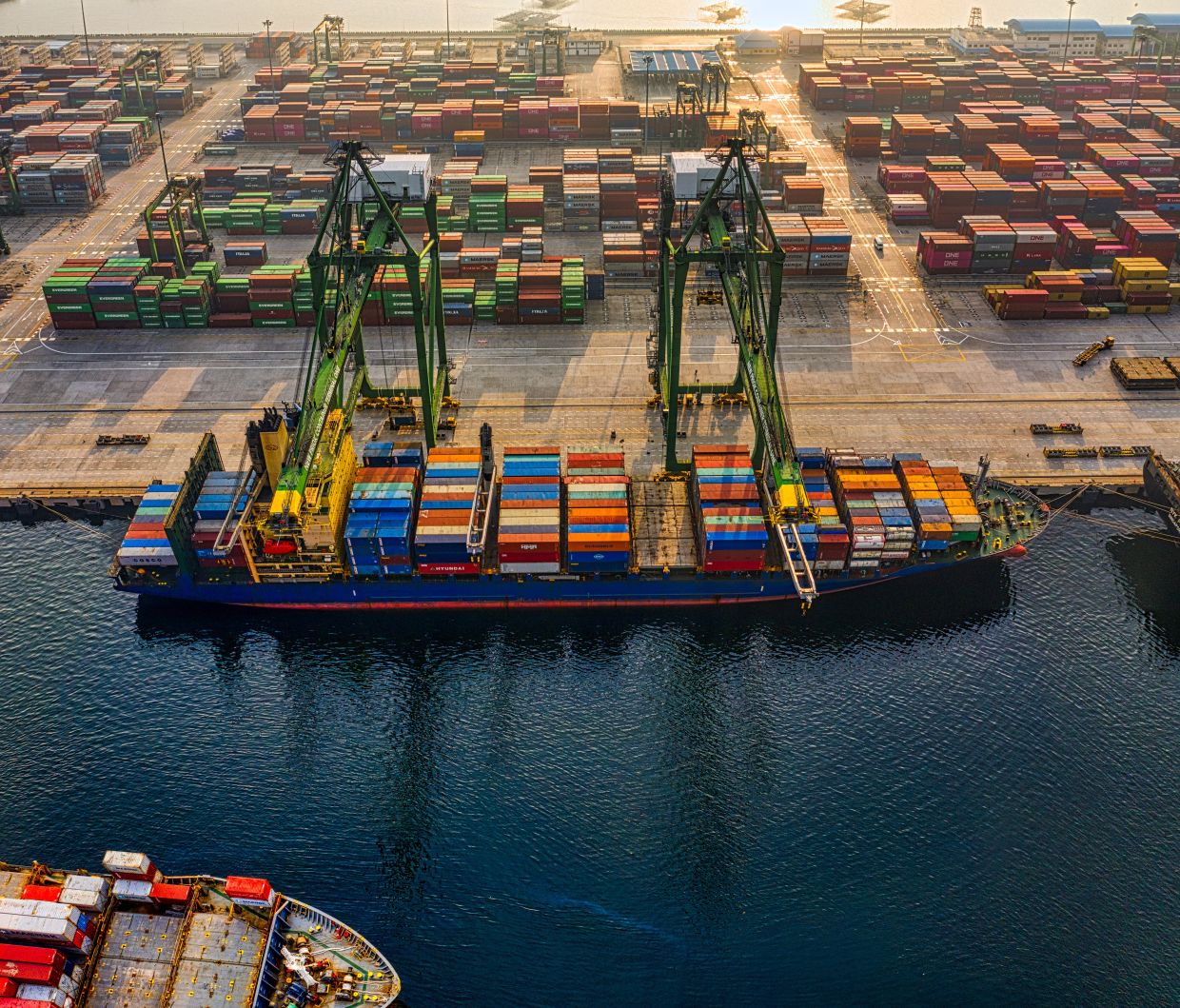
A logo is pictured outside the World Trade Organisation (WTO) in Geneva, Switzerland, September 28, 2021. REUTERS/Denis Balibouse/File Photo
GENEVA: Global trade has helped to narrow the income gap between countries and created shared prosperity over the past three decades, says the World Trade Organisation (WTO).
The WTO also said that diversification and upgrading of exports in many developing countries, including Malaysia, has been driven by multinational enterprises (MNEs).
“Examples of economies in which MNE investment led to a shift in comparative advantage, from relatively low-skill products to new complex ones, include Costa Rica, Malaysia, Morocco and Vietnam.
“Foreign-owned firms can further help to boost economic performance by improving the productivity of their locally owned buyers and suppliers,” the WTO body said in its 2024 World Trade Report.
The the trade organisation also noted that digital infrastructure development is underpinned by international trade in information technology-related goods and services.
The WTO’s Information Technology Agreement (ITA) and its subsequent expansion are contributing to digital connectivity by eliminating tariffs on technology products covered by the agreement.
Many of these products are critical components of digital infrastructure.
“According to the 2017 Affordability Drivers Index (ADI), four out of the top five economies that have the most affordable Internet access – Malaysia, Colombia, Costa Rica and Peru – are all ITA participants.
“Colombia, Costa Rica and Malaysia are also participants in the ITA expansion.
“Opening services trade underpinned by multilateral rules can also ensure the access and affordability of telecommunication services,” the WTO said.
In a direct response to criticisms amid a rise in nationalistic policies globally, WTO director-general Ngozi Okonjo-Iweala disagreed that trade, and institutions like the WTO, have not been good for poverty or for poor countries and are creating a more unequal world.
“Perhaps the biggest takeaway from the report is its reaffirmation of trade’s transformative role in reducing poverty and creating shared prosperity.
“But the second biggest takeaway is that there is much more we can do to make trade and the WTO work better for economies and people left behind during the past 30 years of globalisation,” Okonjo-Iweala said.
The report was launched barely days after China lodged a “request for consultations” with Canada at the WTO regarding Canada’s additional tariffs on electric vehicles and steel and aluminium products from China.
Following the United States’ lead, Canada had on Aug 26 imposed a 100% tariff on Chinese electric vehicles and a 25% tariff on its steel and aluminium.
A week later, China hit back by announcing plans to start an anti-dumping investigation into canola from Canada.
The 2024 World Trade Report showed a strong link between trade participation and the narrowing of income disparities among economies.
From 1996 to 2021, a high trade share in gross domestic product (GDP) significantly correlated to faster growth in low and middle-income economies, converging to the level of GDP per capita in high-income economies.
Moreover, membership in the WTO and its predecessor the General Agreement on Tariffs and Trade has boosted trade between members by an average of 140%, while economies that undergo rigorous WTO accession negotiations are shown to grow 1.5 percentage points faster during their accession period.
“Analysis further suggests that trade-cost reductions between 1995 and 2020 led to 20% to 35% faster income convergence of low and middle-income economies with high-income economies.
“Contrary to common belief, the report found weak correlation between trade openness and within-country income inequality, based on a comparison of the 2021 Gini inequality index and trade openness index of 157 economies.
“While income inequality remains high, it is not systematically linked to trade and import competition,” the WTO said.
The report also highlighted challenges, noting that many economies with weak trade participation and high commodity dependence have been left behind.
“Between 1996 and 2021, low and middle-income economies that grew slower than the average high-income economy in income-per-capita terms represented 13% of the global population and were mainly in Africa, Latin America and the Middle East,” the WTO added.
Looking ahead, the trade body called for global efforts to reduce trade costs, bridge the digital divide and update the WTO rulebook to reflect the growing importance of trade in services, digital, and green sectors.
“Greater international trade cooperation is also necessary to address evolving challenges in areas crucial to the future of trade,” it said.








































